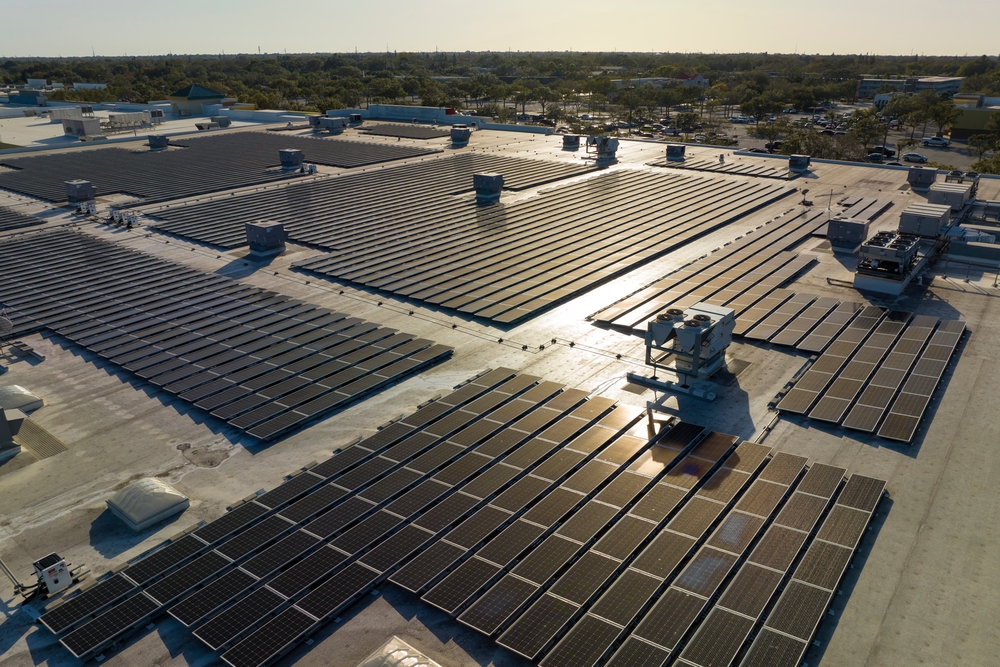
Sunnova Energy International (NOVA) CEO John Berger didn’t sugarcoat the state of the solar industry during the company’s Q4 earnings call earlier this month.
“The overall environment is terrible,” he said. “I mean, it’s the political environment, the capital markets, the equity trading off. And so that just gets everybody in a very bad mood, candidly.”
One week later, Berger stepped down as CEO and was replaced by former COO Paul Matthews.
Just days after the executive shakeup, The Wall Street Journal reported that Sunnova is in talks with creditors about a potential bankruptcy filing, weighed down by roughly $8.5 billion in debt.
“While we recognize the near-term challenges we face, I am committed to pursuing stability, driving a hard pivot to profitable growth, and strengthening the company’s foundation for the future,” Matthews said in a statement following his appointment.
Sunnova’s future is growing increasingly precarious — and its stock price reflects it.
NOVA stock has plunged 88.9% this year and 93.4% over the past 12 months, now trading below 40 cents per share.
News of bankruptcy talks wasn’t a shock to anyone who read the company’s latest earnings report.
“Our unrestricted cash, cash flows from operating activities and availability and commitments under existing financing agreements are not sufficient to meet obligations and fund operations for a period of at least one year,” Sunnova disclosed.
“Substantial doubt exists regarding our ability to continue as a going concern.”
Oaktree Capital has reportedly purchased about $400 million of Sunnova’s debt, according to Bloomberg, and is expected to take the lead in restructuring talks.
The stock dropped 60% following its earnings release.
Brutal reset for residential solar
Sunnova’s collapse isn’t an isolated event; it’s part of a larger reckoning in residential solar.
SunPower, one of its key competitors, filed for bankruptcy protection in August. Titan Solar, another rival, went under and abruptly ceased operations last June.
High interest rates have made it much more expensive to finance rooftop panel installations, eroding demand. Meanwhile, many states have dialed back subsidies and incentives that once fueled growth in the sector.
Last month, Sunnova cut nearly 300 jobs — about 15% of its workforce — in a bid to improve cash flow.
The company said the layoffs will contribute about $35 million to a broader plan to save $70 million annually, mostly through reduced costs and capitalized expenses.
Now, the industry faces fresh political headwinds.
At a recent oil and gas conference, new U.S. Energy Secretary Chris Wright signaled a major policy reversal under the Trump administration.
According to The New York Times, Wright told executives he plans a “180-degree pivot” away from Biden-era climate policies, casting doubt on the viability of wind, solar, and battery technologies.
“In addition to the obvious scale and cost problems,” Wright said, “I don’t see how wind, solar and batteries could replace the myriad uses of natural gas.”
Your email address will not be published. Required fields are markedmarked